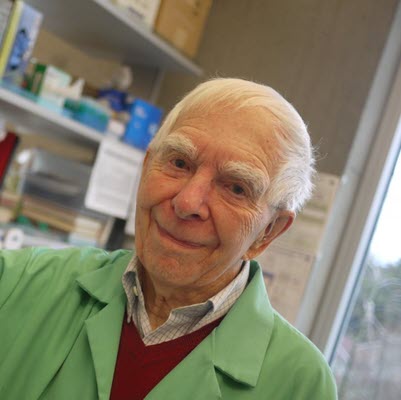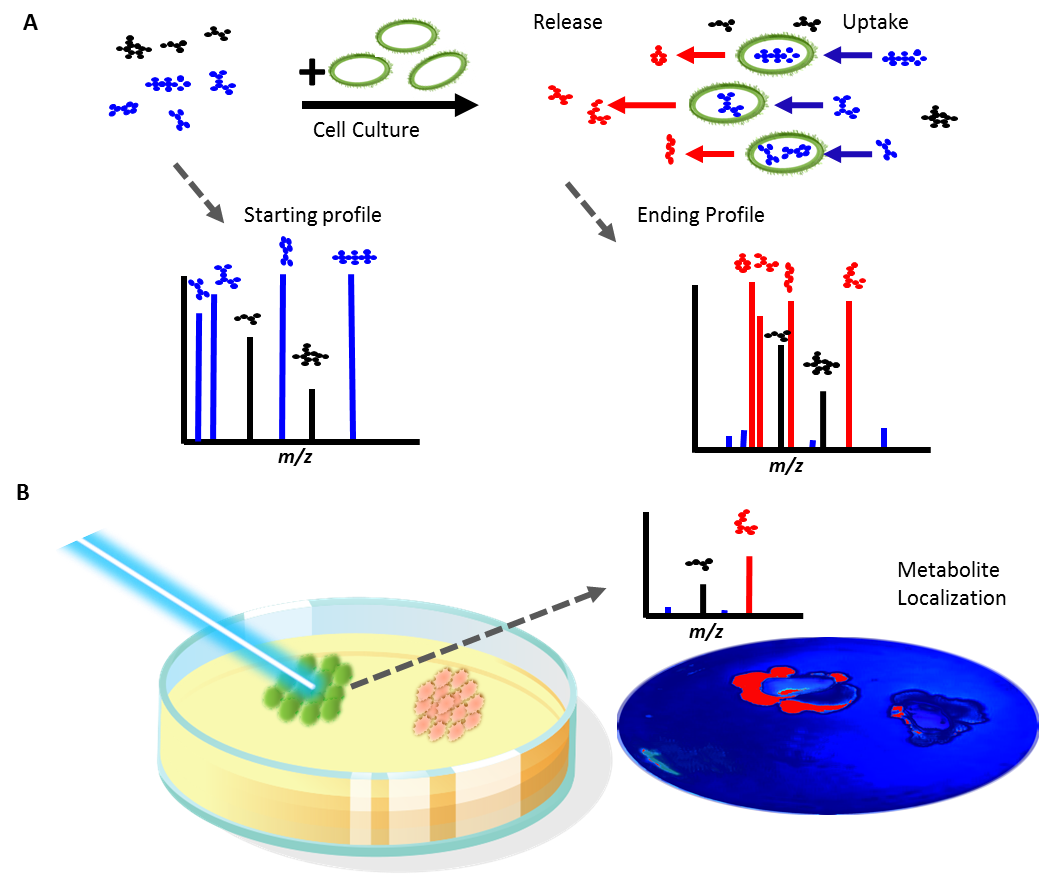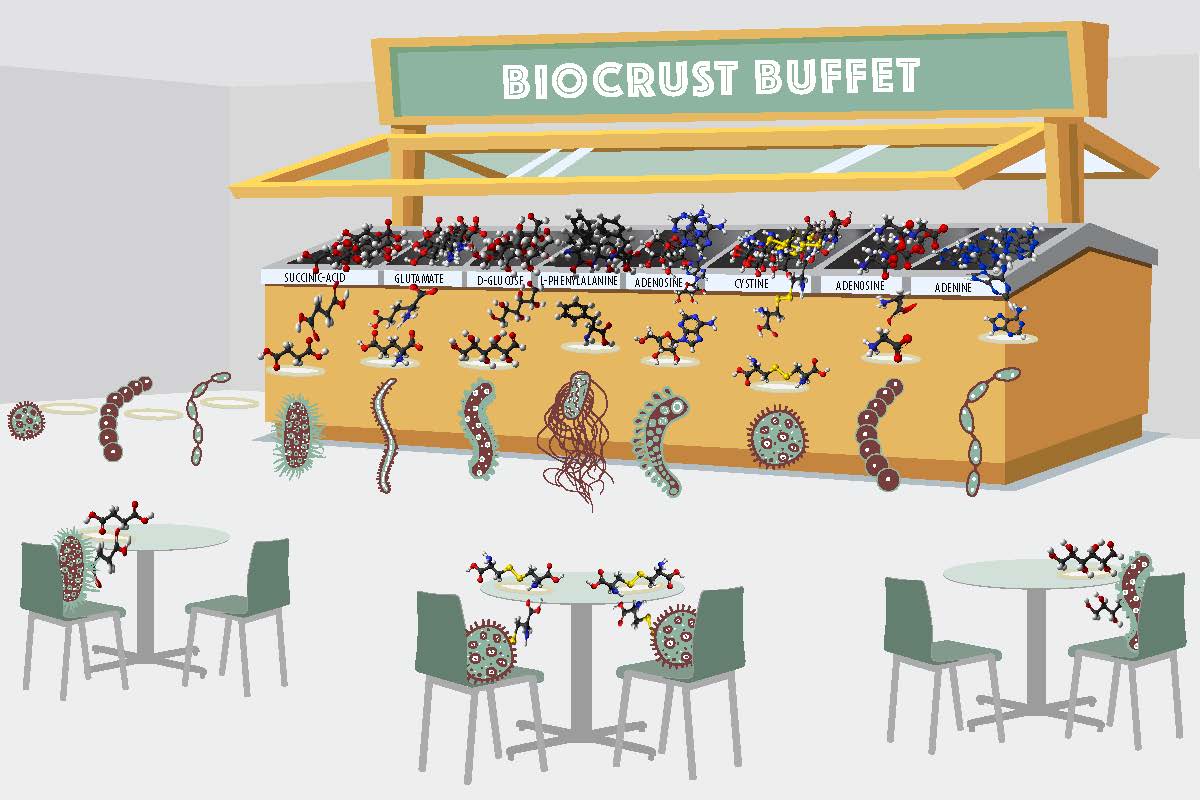The Northen Lab hosted multiple undergraduate student interns this summer to assist in ongoing metabolomics research at the lab. Undergraduate students conducted research alongside project scientists for 10 weeks and presented their research/findings at the end of their summer projects. We are always excited to host and mentor the next generation of scientists in our lab and we were thrilled to have these students on our team this summer. Here are a few projects our student interns were involved in this summer.
Ozioma Anyanwu, now a senior In the UCB Microbial Biology program, worked with Vlastimil Novak, a Biological Project Scientist, on finding the optimal growth medium for 17 bacterial isolates from the switchgrass rhizosphere (the isolates were published in Coker et al, 2022). She helped to determine their growth phenotypes on agar plates and then tested the growth on individual bacteria on a variety of media.
Yezhang Ding mentored three UCB students studying catecholamines in plants:
Ben Walker-Edwards, now a senior, in the UCB SURP program, helped on preparing plant growth assays, extracting plant samples for metabolomic analysis, performing agrobacterium-mediated transient assays, and genotyping transgenic plants. Additionally, Ben’s efforts will help our lab in solving the crystal structure of the enzymes involved in plant specialized metabolism.
Katherine Lyubchenko, now a sophomore, In the UCB Chemistry program, studied the plant growth effects of catecholamines, using the grass model plant Brachypodium distachyon. Katherine found that some of these chemicals have significant effects on plant growth. Additionally, Katherine provided help on genotyping Brachypodium transgenic plants created with CRISPR-Cas9.
Hunter Vogel, now a senior in the Department of Biology at the Brandies University, focused on understanding the effects of catecholamines, on soil bacterial.Using bacterial growth assays, the catecholamines were found to have significant effects on soil bacterial growth. Additionally, Hunter examined how catecholamines can structure the soil microbial community by treating agricultural soil directly with different concentrations of catecholamines for 4 weeks. The soil samples have been harvested and are awaiting 16 S rRNA sequencing to determine the changes in soil microbial community.




